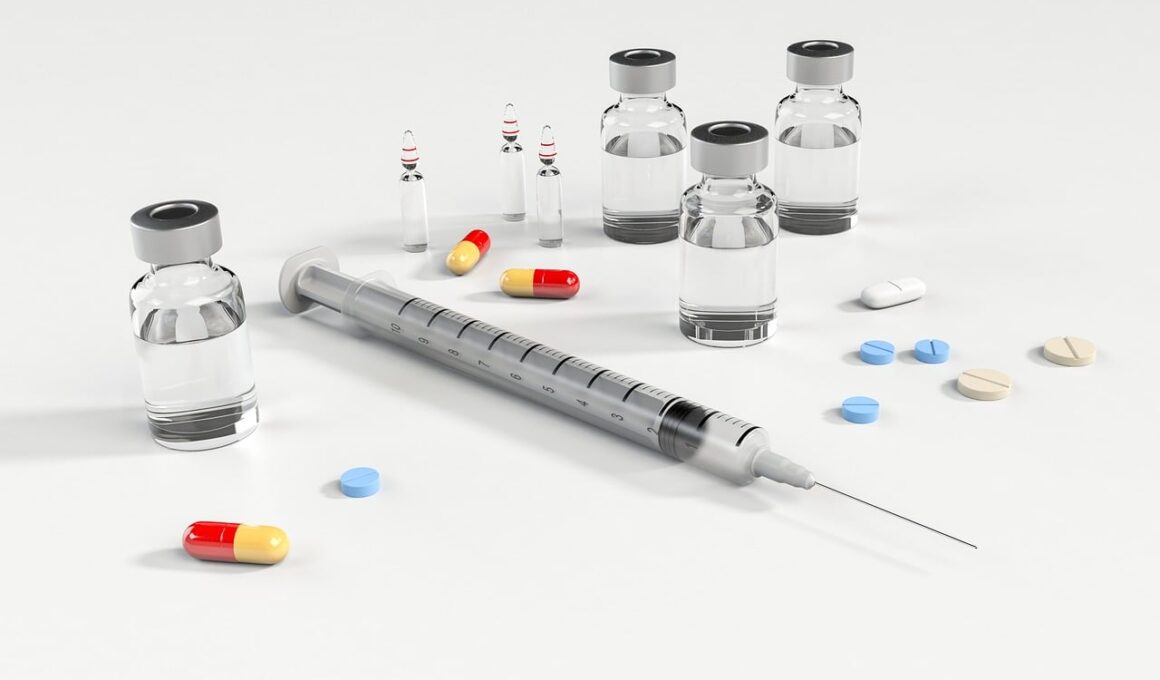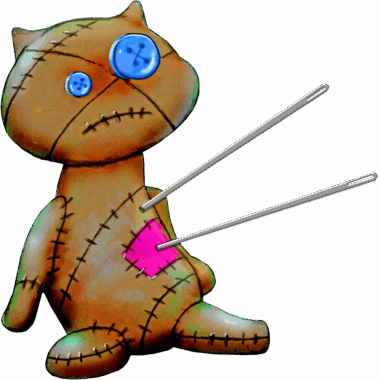Medication Poisoning in Cats: Dos and Don’ts
Cats can be sensitive to medications that are safe for humans or other animals. Pet owners often overlook the risk of medication poisoning, which can occur when a cat accidentally ingests human drugs, such as pain relievers or antidepressants. The symptoms can vary widely and include lethargy, vomiting, diarrhea, or even seizures. If you suspect that your cat has ingested a toxic substance, immediate action is essential. Never wait for symptoms to appear; contacting your veterinarian or a poison control hotline can save your pet’s life. Gather any packaging or information about the substance consumed, as this can help medical professionals provide appropriate and quick treatment. Furthermore, do not attempt to induce vomiting unless directed by a veterinarian. Some substances can cause further damage if vomited. Always store medications out of reach of your pets to prevent accidental ingestions. Prevention is the key in these situations to ensure a safe and healthy environment for your feline friend. For further information, refer to trusted sources or consult your veterinarian routinely regarding medication safety for pets.
Common Medications That Are Toxic
There are several common medications that pose a significant threat to your cat if ingested. Non-steroidal anti-inflammatory drugs (NSAIDs), such as ibuprofen, are notoriously toxic to cats. Even small doses can lead to serious health complications like kidney failure or internal bleeding. Acetaminophen, commonly found in Tylenol, is extremely dangerous for felines because they cannot metabolize it effectively. Just one pill can be lethal, causing liver damage and other severe side effects. Other medications like certain antidepressants, including fluoxetine and sertraline, can also be harmful. These can lead to serotonin syndrome in cats, a condition characterized by disorientation, rapid heart rate, and tremors. If you must administer any medication to your cat, always do so under the strict guidance of your veterinarian, who will recommend safe dosages and monitor your pet closely. Additionally, never leave medications unattended in areas accessible to your pets. Educate yourself about the substances in your household and their potential impacts on your furry companion’s health to keep your cat safe and healthy.
In the event that medication poisoning occurs, acting swiftly can determine the outcome for your cat. Observe any symptoms, such as excessive drooling, difficulty breathing, or tremors. When you contact a veterinarian or poison control center, provide detailed information about the substance ingested, the quantity, and the time since ingestion. This information is crucial for determining the best course of action. Depending on the medication, the vet may advise you to bring your cat in immediately for emergency treatment or may suggest monitoring your cat’s condition at home if it’s safe to do so. Understand that timely intervention can greatly reduce the risk of severe effects or even death. Avoid giving your cat home remedies without prior consultation with a veterinarian, as many may do more harm than good. Ensure you follow any immediate first-aid advice given over the phone as well. Proper measures will improve your cat’s chances of a full recovery, helping you provide the best possible care during a crisis.
Prevention Strategies
Preventing medication poisoning in cats involves simple yet effective strategies. First, always keep medications and household items securely stored out of reach of your pets. Cat-proof your home by employing child-resistant caps and putting prescriptions in cabinets that are off-limits. Educate family members about the dangers of leaving medications lying around. Many cat owners also overlook the importance of informing guests about this issue. Additionally, institute a routine for administering medications and make sure to follow prescribed dosages carefully. Always use a prescribed formulation designed specifically for cats, as their physiology may respond differently than that of humans or other animals. Create an easily accessible list of safe medications and consult regularly with your vet about potential risks. Furthermore, make it a habit to report any poisoning cases or close calls to your veterinarian so they can keep track of trends in your area. Building awareness is critical to maintaining a safe living environment for your feline partner, ensuring their well-being and happiness.
First-aid steps during medication poisoning incidents vary based on the substance involved, so familiarity with general protocols is vital. If your cat is conscious and alert but displaying symptoms, try to manage the situation calmly. Offer comfort and prevent your cat from becoming more stressed or agitated; this can exacerbate the situation. Collect any evidence of ingestion, such as empty pill bottles or packaging, which can help veterinarians assess risks. Do not give your cat any food or drink unless a vet says it is okay, as this could interfere with treatment. If your cat is unconscious or having seizures, avoid touching them in case of a reaction. Remain calm during your communication with medical professionals, providing pertinent details about the incident. Depending on the situation, your vet may recommend bringing the pet to a clinic for further action. Stay vigilant in observing your cat’s behavior and health, recording any changes for discussion with the professional. Remember that a vigilant pet owner can make a significant difference in emergency situations.
Follow-Up Care
After receiving treatment for medication poisoning, follow-up care is crucial in guaranteeing your cat’s recovery. Your veterinarian will likely advise monitoring your cat for any lasting effects and may suggest additional medications or therapy for specific symptoms. Adhering to recommended follow-up appointments is essential since some complications may manifest days after the initial incident. Pay attention to your cat’s behavior and appetite as well, as these can be indicators of recovery or concerns that may need further investigation. Maintaining a consistent routine can help your cat feel secure during a stressful time. Inform your vet about any changes or concerns, such as loose stools or unusual lethargy. This will help the veterinarian determine if further interventions are necessary. In cases where long-term medications are needed, ensure you are educated about proper dosages and possible side effects. This knowledge can help contribute to your cat’s overall well-being. Consistent communication with your veterinarian will aid in providing a supportive environment and ensuring the health of your furry friend long after a poisoning incident.
Lastly, becoming informed about medication poisoning in cats helps prevent unforeseen dangers. Awareness of toxic substances in and around your home is a fundamental step toward safeguarding your pet. Always keep records of household medications, both prescription and over-the-counter, and use them by permission only. Viewing educational resources will further bolster your understanding of this topic. Joining community forums or pet safety groups can offer additional insight and peer support for any related issues you may encounter. What can seem minor could lead to serious health risks for your cat, so prioritize their safety by being proactive. Consider developing an emergency plan that includes the contact details of your veterinarian and any relevant hotlines for poison control. This can prepare you to manage any crises effectively preemptively. The health of your cat is paramount, and taking preventative actions ensures better outcomes. Stay vigilant, informed, and ready so your feline friend can enjoy a long, healthy, and happy life with your family, free of the dangers posed by medication poisoning.





